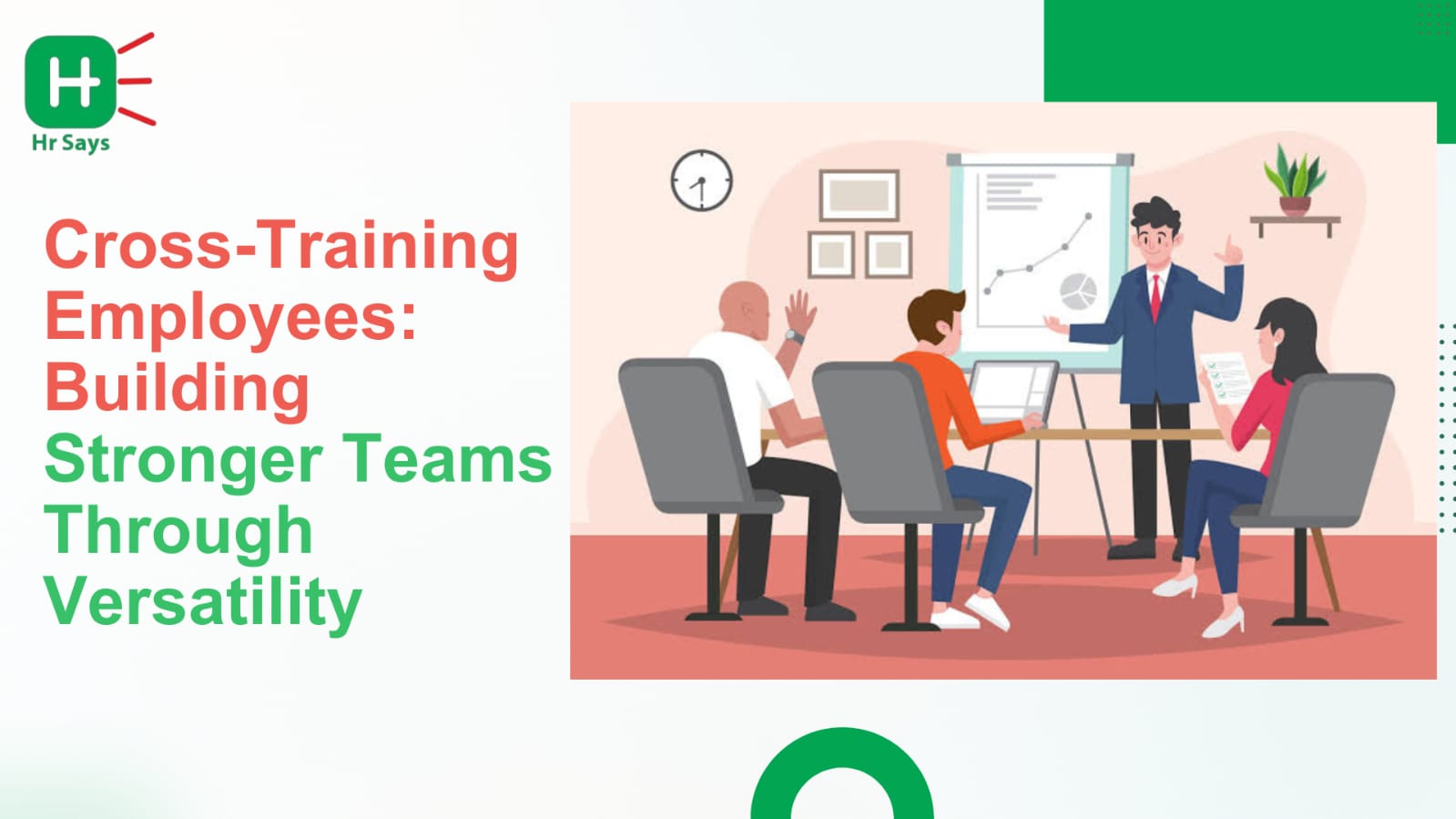How can it be when employees can perform in a more significant role than the one they consider the major one? The working process becomes easier, flexibility is increased, and teams become more responsive to difficulties. Cross-training is not only gap filling. It becomes resilient, honours skills and builds organizations internally.
The Concept of Cross-Training
Cross training ensures that employees can be trained on skills in areas other than they are used to. They are not restricted to play one role, but can serve in multiple spaces. Such exercise equips teams on unforeseen cases besides limiting the reliance on one person.
Advantages for Employees
Employees gain confidence when they acquire new skills. The process breaks the monotony of routine and keeps learning alive. With more exposure, they feel more connected to the company’s vision.
Skill Growth
● Employees learn new techniques and processes.
● Knowledge broadens beyond their primary role.
● Transferable skills are developed, which prove useful in different contexts.
Job Satisfaction
Learning something new gives employees a sense of progress. It keeps boredom away and adds meaning to daily tasks.
Advantages for Employers
Companies benefit equally when employees expand their abilities. Cross-training becomes a safety net during emergencies, sudden absences, or peak workloads.
Increased Flexibility
Work does not stop when one person is away. Teams can adapt quickly. Productivity remains
steady even in high-pressure situations.
Cost Savings
Instead of hiring temporary staff, trained employees can cover roles internally. It reduces
expenses and improves resource use.
Stronger Team Spirit
When employees understand each other’s roles, empathy grows. Collaboration improves and
communication barriers fall. A shared sense of responsibility emerges.
The Balanced Approach
Cross-training is not about overloading employees. It is about giving them opportunities to
expand without being stretched thin. A balanced plan ensures growth without causing burnout.
Key Considerations
● Training schedules should not disrupt core tasks.
● Employees should be encouraged, not forced.
● Learning should be recognized and appreciated.
Conclusion
Cross-training is not just a backup strategy. It is an investment in people and processes. By
giving employees new skills, organizations create adaptability, reduce risks, and foster growth.
Both sides gain when versatility becomes part of the culture.

 Cross-training employees improves flexibility, boosts job satisfaction, and reduces dependency
on individuals. It helps companies save costs, strengthens teamwork, and builds resilience. A
balanced approach ensures growth while preventing overload, making it a sustainable
organizational strategy.
Cross-training employees improves flexibility, boosts job satisfaction, and reduces dependency
on individuals. It helps companies save costs, strengthens teamwork, and builds resilience. A
balanced approach ensures growth while preventing overload, making it a sustainable
organizational strategy.








.jpeg)
.jpeg)

.jpeg)





.jpeg)



.jpeg)

.jpeg)



